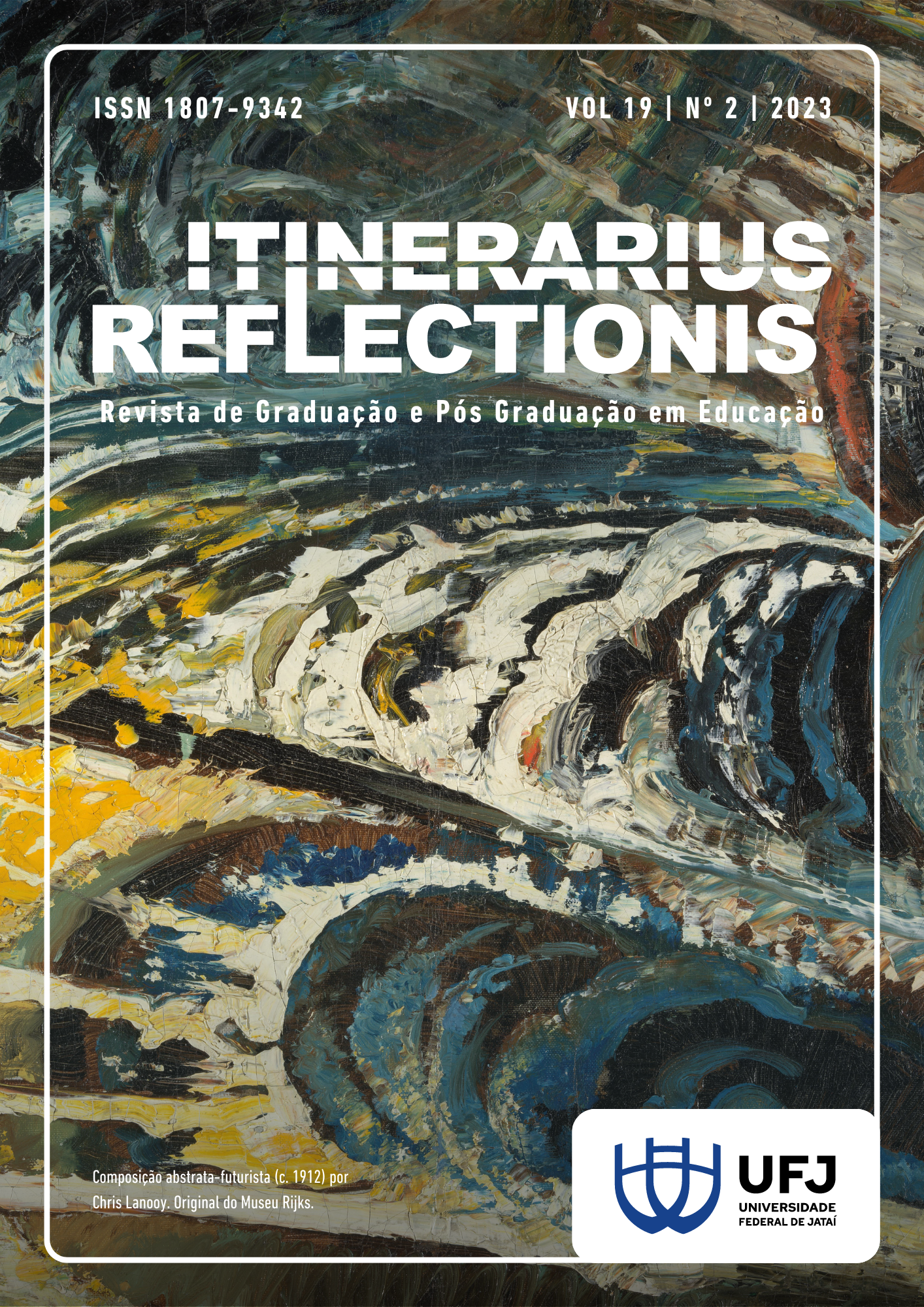ÉTICA E MORAL NO ENSINO A DISTÂNCIA: AS PERCEPÇÕES DE PROFESSORES QUE LECIONAM NA MODALIDADE EaD SOBRE ETICIDADE E MORALIDADE DURANTE A ABORDAGEM DO TEMA EDUCAÇÃO E SUAS IMPLICAÇÕES SÓCIOECONÔMICAS
DOI:
https://doi.org/10.69843/rir.v19i2.75083Abstract
We publish the results of a survey that aimed to analyze the perceptions of 15 teachers who teach in the distance learning modality, in the Itajaí valley, Santa Catarina, about ethics and morals in distance learning during their explanations, in a virtual way, on the theme of education. For data collection, semi-structured interviews were used and images. In the field of analysis, there are three horizons: the genesis of ethics and morals, human improvement and the manifestations of teachers in situations of concern. In a broad way, it was found that teachers present important aspects that characterize the theme of education in the teaching act, such as reflection, giving prestige to the records offered by the community in general. However, there are teachers who demonstrate a mistaken understanding of ethics and morals in the field of Education, confusing basic aspects such as properties and characteristics of ethics, morals and education. We found that teachers have ideas related to “using ethics in the teaching act”, however, they still find it difficult to implement, in the classroom, an ethical and moral training process.
Downloads
Downloads
Published
How to Cite
Issue
Section
License
Os artigos encaminhados para publição na revista ITINERARIUS REFLECTIONIS deverão ser originais e não publicados ou propostos para tal fim em outra revista. Aceitam-se artigos escritos em Português, Espanhol e Inglês. A revista ITINERARIUS REFLECTIONIS se reserva o direito de efetuar, nos originais, alterações de ordem normativa, ortográfica e gramatical, com vistas a manter o padrão culto da língua, respeitando, porém, o estilo dos autores. As provas finais não serão enviadas aos autores. Texto sobre Copyright do conteúdo da Revista.


